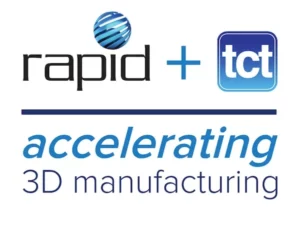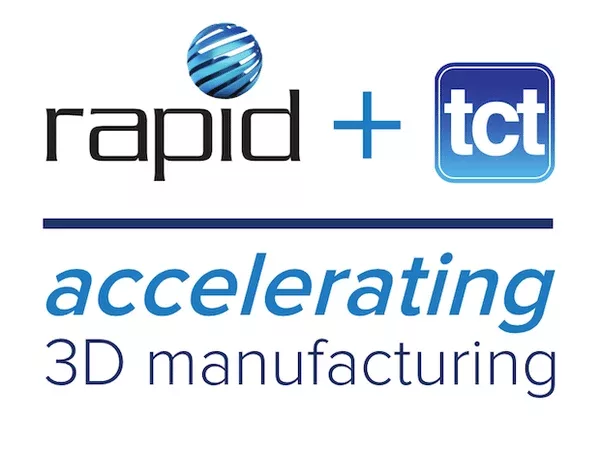 Digital Fabrication is uniquely suited to rapid prototyping applications. Designs created in a CAD file can be quickly brought to life via laser or CNC machining, and today, prototypes are increasingly 3D Printed. Through iterative testing and design modifications in CAD software, the final product is optimized before hitting the market, creating a better chance of commercial product success.
Digital Fabrication is uniquely suited to rapid prototyping applications. Designs created in a CAD file can be quickly brought to life via laser or CNC machining, and today, prototypes are increasingly 3D Printed. Through iterative testing and design modifications in CAD software, the final product is optimized before hitting the market, creating a better chance of commercial product success.
For many years, RAPID has been the world’s premier rapid prototyping conference and trade show. Produced by the Society of Manufacturing Engineers [SME], the annual event has recently increased focus on 3D Processes, including additive manufacturing and 3D Printing. This year at Rapid in Pittsburgh, Potomac is excited to be presenting results from the digital manufacturing internship program we’ve developed in collaboration with Fab Lab Baltimore at the Community College of Baltimore County [CCBC].
Digital Fabrication for Advanced Manufacturing
Industry 4.0 incorporates new digital technologies to create the next generation of biotech, medical device, microelectronics, and consumer products. On our factory floor we integrate 3D Printing, automation, and 3D modeling with our traditional laser micromachining, micro CNC machining and CAD design tools.
This isn’t your father’s manufacturing! New tools on the factory floor are digitally driven and automated, making the work environment more like being in an operating theatre than a factory. Today’s facilities are clean and safe, and equipment that was previously so complex only an engineer could make it work is now automated enough to be run by operators and technicians.
Tapping into Digital Fabrication Laboratories – Fab Labs
Fab Labs contain all the basic digital fabrication tool categories that we utilize at Potomac: 3D Printing, laser cutting and marking, vinyl cutting, CNC machining and microelectronics workstations that are all tied together with CAD software. While many Fab Labs are in community settings or libraries, we’re lucky enough to have a Fab Lab at CCBC, about a mile from our factory. There, Ken Burch, director of CCBC’s Technology and Innovation in Manufacturing and Engineering Center has developed a digital fabrication certification program. Utilizing their Fab Lab for the hands-on, practical training aspect of the course, CCBC students have a head start working with the tools of digital fabrication. Qualified students are then eligible to apply for a paid internship program at Potomac.
RAPID Presentation
Our presentation at RAPID will report on outcomes from the digital fabrication for advanced manufacturing internship program for the students, CCBC/Fab Lab Baltimore and Potomac, and will include future Fab Lab plans to advance workforce training.
We hope to see you on May 10 in Pittsburgh at RAPID!


